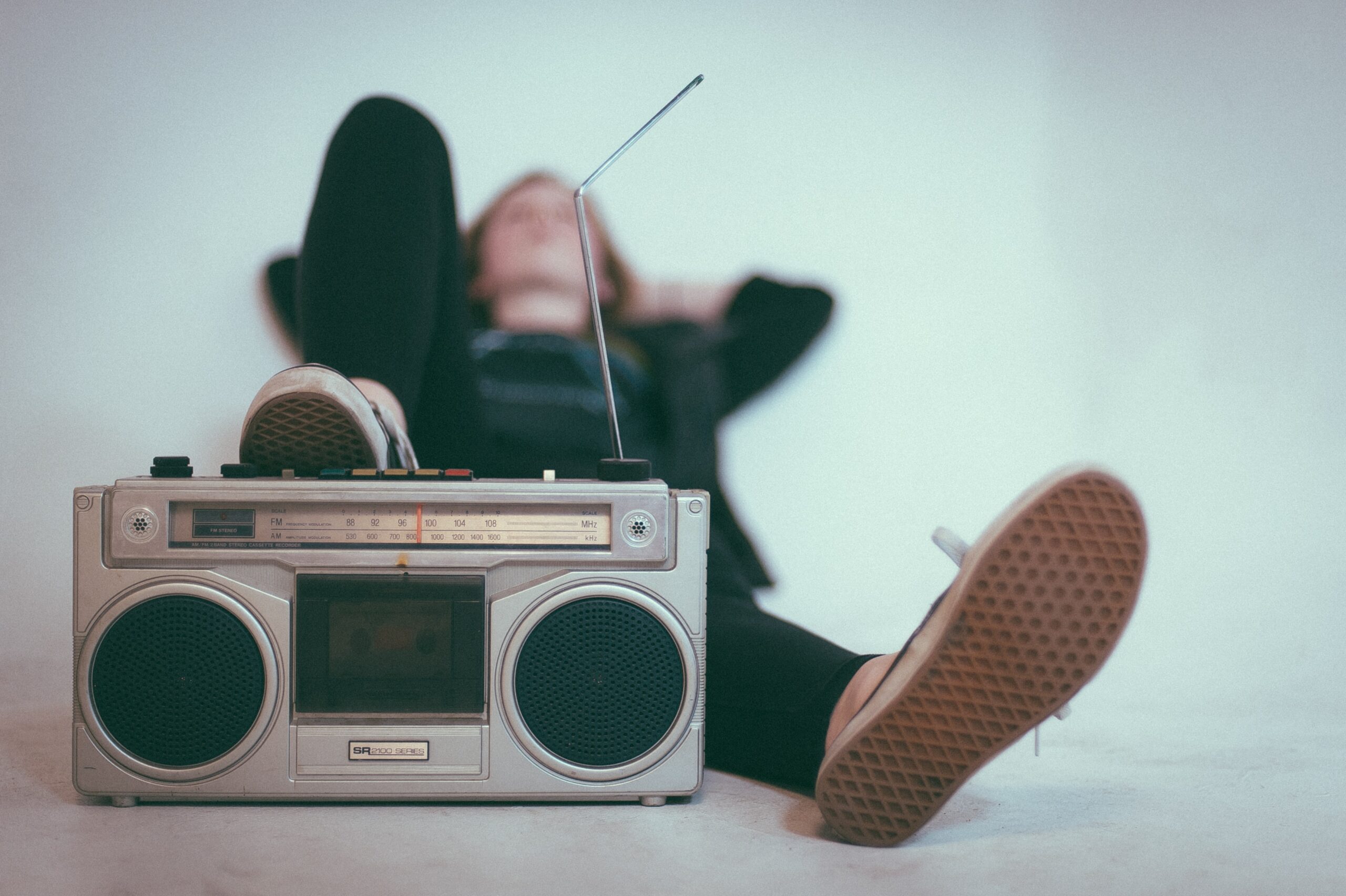
Epilepsy is a common condition that effects the brain and causes seizures. It is a complex condition that effects around 50 million people worldwide. Treatment can include specific diet plans, using medication or having brain surgery on the part of the brain causing the seizures. However, in a new research study, Dr. Marjan Rafiee and Dr. Taufik Valiante from Toronto University Hospital, have found that listening to one particular piece by Wolfgang Amadeus Mozart can reduce the frequency of seizures in people with epilepsy.
What did they test?
This study recruited 13 participants with epilepsy and had each person listen to the first 6 minutes of Mozart’s ‘Sonata for Two Pianos in D Major, K. 448’ once every day for three months and then switch to a different piece of music for the next three months. The participants kept “seizure diaries” to note down any changes in their seizures or the number of seizures they had each day. Listening to Mozart was the only difference in the participants lives, there were no changes to made to their medication. Many people with epilepsy take anti-seizure medication but for 30% of people, this medication doesn’t work.
How does it work?
Scientists and researchers are not exactly sure how this all happens. The exact way that music can reduce seizures in the brain has not been found yet but many people have different theories why it may help. Some people think it is the effect music has on the central nervous system and others think that listening to music activates different parts of the brain. With this study it may also be the fact that participants listened to Mozart over certain periods of time, in intervals.
What does this mean?
During this study, all participants except one had less seizures when listening to Mozart daily, one participant even became seizure-free and had no seizures while listening to Mozart daily. The results from this study mean that listening to the first 6 minutes of Mozart’s ‘Sonata for Two Pianos in D Major, K. 488’ can be used as an additional form of therapy to reduce seizures in people with epilepsy. This can also be used to improve the quality of life for those who may not be able to have surgery or have had surgery and not benefitted from it.
This study also raises a lot of questions, will other classical music work in the same way? Does it only work with classical music? Now researchers can keep exploring this topic for the epilepsy community.
Amazing benefits were found by simply listening to 6 minutes of Mozart every day, this is something anyone can try and may be helpful for a lot of people. If you would like to read the full study, it’s here
This is the exact piece participants were asked to listen to, listen to it yourself and see what you think!




